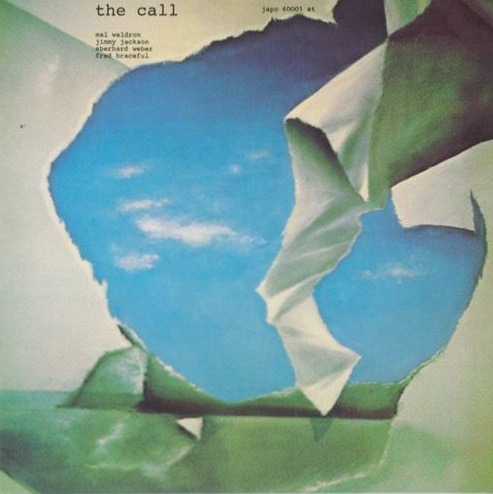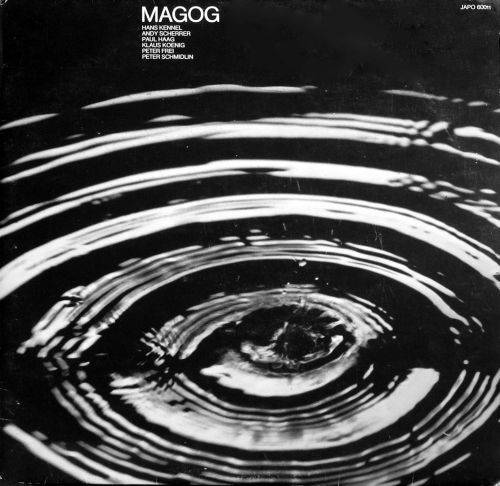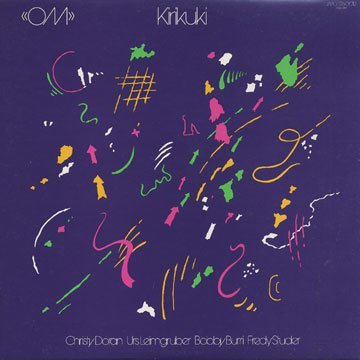
Little known now yet one of the most fascinatingly diverse European jazz labels, often synonymous with the ECM aesthetic, Japo (Jazz by post) existed for some 15 years recording from 1971 to 1985.
It all began with the same artist who first started off ECM in 1969, pianist Mal Waldron, and The Call. History was repeating itself in this one respect.
Then came Dollar Brand, or Abdullah Ibrahim as we know the great pianist today, with African Piano.
Other titles swiftly followed: Barre Phillips’ For All It Is; Herbert Joos’ The Philosophy of the Fluegelhorn; a second Dollar Brand, Ancient Africa, then the obscure Bobby Naughton’s Understanding; Edward Vesala’s Nan Madol; Jiri Stivin and Rudolf Dasek’s System Tandem; Tom van der Geld’s Children at Play; and Enrico Rava’s Quotation Marks.
Japo is often seen as an extension of hippie jazz or New Age with a strong improv twist, but some artists are as little known today as Bobby Naughton and Magog were under the radar even then.

The Jazz By Post years: free spirited and unorthodox in nature
They released the self-titled Magog; and Japo also put out Om album Kirikuki; Manfred Schoof’s Scales; Larry Karush’s May 24 1976; Herbert Joos’ Daybreak; a second Om work Rautionaha; and the first Stephan Micus album, the most prolific Japo artist besides Om, called Implosions.
There were a few British artists on the label, and journalist Ken Hyder’s Talisker released Land of Stone on Japo while the more widely known Manfred Schoof recorded Light Lines. Both these records were produced by former cellist Thomas Stöwsand, later a leading European booking agent, who died in 2006, and who produced many records for the label. Other producers included Steve Lake, Manfred Eicher, and individual musicians.
1977, with Japo only six years in existence, saw Rena Rama’s Landscapes; Globe Unity Orchestra’s Improvisations; and the Swiss quartet Om once again with the clumsily titled Om with Dom Um; and released in 1978 Lennart Åberg had made Partial Solar Eclipse for Japo, while bands such as Contact Trio slipped New Marks out, and the late George Gruntz, Percussion Profiles.

The last batch of label releases saw an increased output from Stephan Micus with Till the End of Time the first; Globe Unity Orchestra’s Compositions; Barry Guy’s Beckettian-sounding (in its title at least), Endgame; TOK’s Paradox; Manfred Schoof, once more, with Horizons; and improv pioneers AMM III’s It Had Been an Ordinary Enough Day in Pueblo, Colorado.
Om, a Japo favourite released Cerberus; while English saxophonist Elton Dean’s Boundaries; Peter Warren’s Solidarity; Tom Van Der Geld / Children At Play Out Patients; Contact Trio’s Musik; Alfred Harth’s Es herrscht Uhu im Land; Micus’ Wings Over Water; Globe Unity Orchestra’s Intergalactic Blow; Micus’ Listen to the Rain and East of the Night, brought the trailblazing label’s output to a conclusion. MB